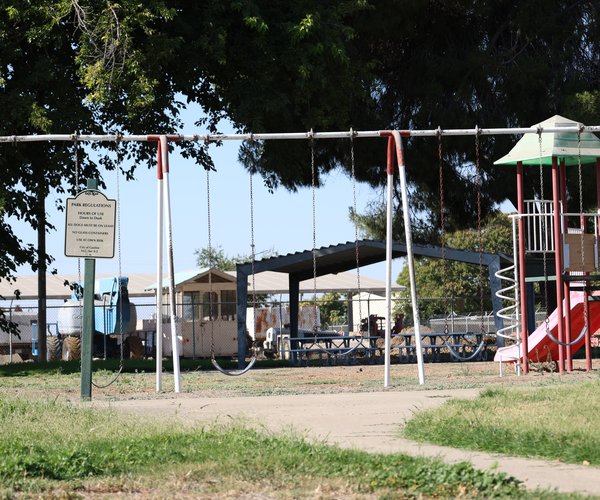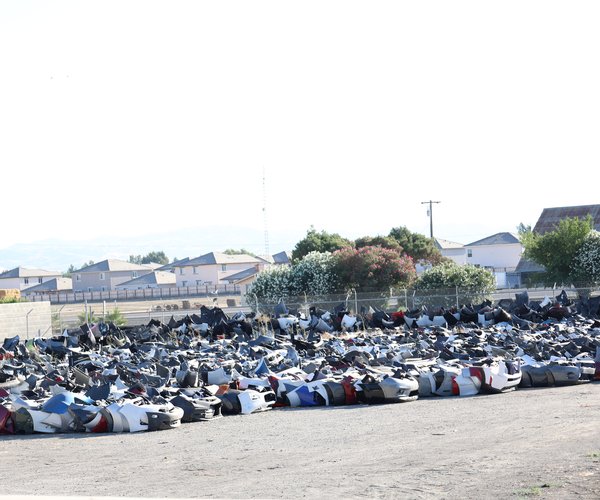GUSTINE, Calif. — The Gustine City Council voted May 20 to approve a new fine structure for illegal fireworks, making the increased penalties for violations official, in an effort to curb their use.
The ordinance had previously been read and discussed in April. Under the new structure, fines will escalate based on repeat offenses: $2,000 for a first violation, $4,000 for a second and $8,000 for a third. Prior to this change, the city’s maximum fine for illegal fireworks was $1,000 per violation.
“People are getting fined, but it’s not deterring anyone,” Gustine Police Chief Ruben Chavez said at the April meeting. The revised fines aim to strengthen enforcement and encourage compliance with the city’s zero-tolerance policy on illegal fireworks.
Gustine has long enforced strict regulations on fireworks. A 2015 ordinance established penalties for the possession or use of dangerous fireworks, including fines and potential jail time. However, identifying violators remains a challenge, as officers must observe individuals igniting fireworks to issue citations.
Some California cities have addressed this enforcement hurdle by adopting Social Host Ordinances, which hold property owners or tenants accountable for illegal fireworks used on their premises. Cities such as Stockton, Pacifica, San Jose and Sacramento County have implemented such measures to improve deterrence.
The Gustine Council previously considered adopting a Social Host Ordinance in 2015 but ultimately chose other enforcement strategies. At the April meeting, the Council revisited the idea but opted against immediate implementation, citing concerns about fairness and financial responsibility.
Councilwoman Sherri Marsigli expressed reservations, noting that landlords should not be held responsible for tenants’ actions. Chavez clarified that under a Social Host Ordinance, accountability would fall on the individual responsible for the property at the time of the violation—typically the renter, not the landlord.
Chavez said he consulted Merced Police Chief Steven Stanfield, who previously worked in Modesto when that city enacted a Social Host Ordinance. “He said that [ordinance] had the biggest impact on illegal fireworks being used,” Chavez told the Council in April.





